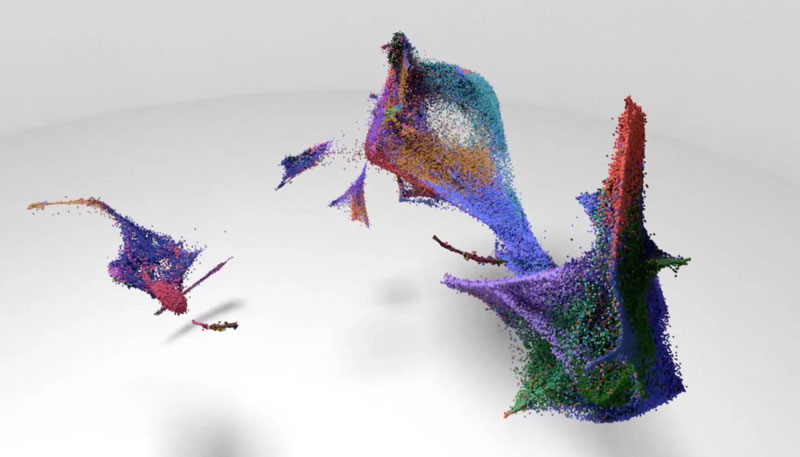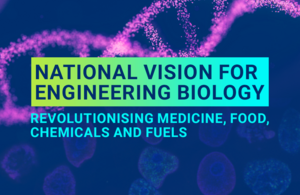On December 7, the Allen Institute, the Chan Zuckerberg Initiative (CZI), and the University of Washington (UW) announced the launch of the Seattle Synthetic Biology Center,
the first Chan Zuckerberg Biocenter in San Francisco and the subsequent one in The second and third institutes in Chicago and Redwood City,
California, and the fifth institute after the Center for Cell Biology in New York.
Led by UW Medicine researchers, the Center for Synthetic Biology uses living cells and genomes
to document changes over time using technology pioneered by the Allen Center for Cell Lineage Tracing Discovery
and the Brotman Batty Institute for Precision Medicine at UW Medicine. Changing complex biological information.
Jay Shendure, Ph.D., executive director of the Center for Synthetic Biology in Seattle and a professor of genomic sciences at the university,
said: Biologists can use single-cell sequencing technology to understand the genes in healthy and diseased cells,
but this is only information at the moment we observe it.
This new technology is equivalent to putting a smart watch in the cell,
which can record the genome itself and everything the cell is experiencing at any time. With the help of this smart watch, one can understand the complete autobiography of a cell.
This new paradigm has the potential to revolutionize the way scientists study the role of cells and genes in human health,
providing a clearer understanding of how biological events unfold over time,
including the molecular and cellular events that begin with genetic mutations and end up forming. causal chain.
For example, a developmental disease discovered clinically can be validated using this technical tool to study cellular changes in a developmental and immunological context,
with the potential to expand the project into a variety of research, diagnostic and clinical applications.

Rui Costa, DVM, Ph.D., president and CEO of the Allen Institute, said:
We are very excited to enter this new era of collaboration and work with other institutions to tackle large-scale lunar landing projects.
We are bringing together experts in genome engineering and synthetic biology to advance a new era of experimentation that will allow us to record the history of biological events in cells and ultimately design new, smart disease interventions.
The Allen Institute and the Chan Zuckerberg Initiative share a commitment to open science,
so findings from the new institute will shared broadly with the scientific community to advance advances in laboratories throughout the Pacific Northwest and around the world.
Every cell in our body has its own unique history.
Developing new techniques to measure and understand the history of our cells over time,
including how they affected by their surrounding environment, genetic mutations and other factors,
could expand scientists understanding of what happens at the cellular level when we die.
from healthy to sick and helping to pinpoint the earliest causes of disease,
said Priscilla Chan, co-founder and co-CEO of The Chan Zuckerberg Project.
